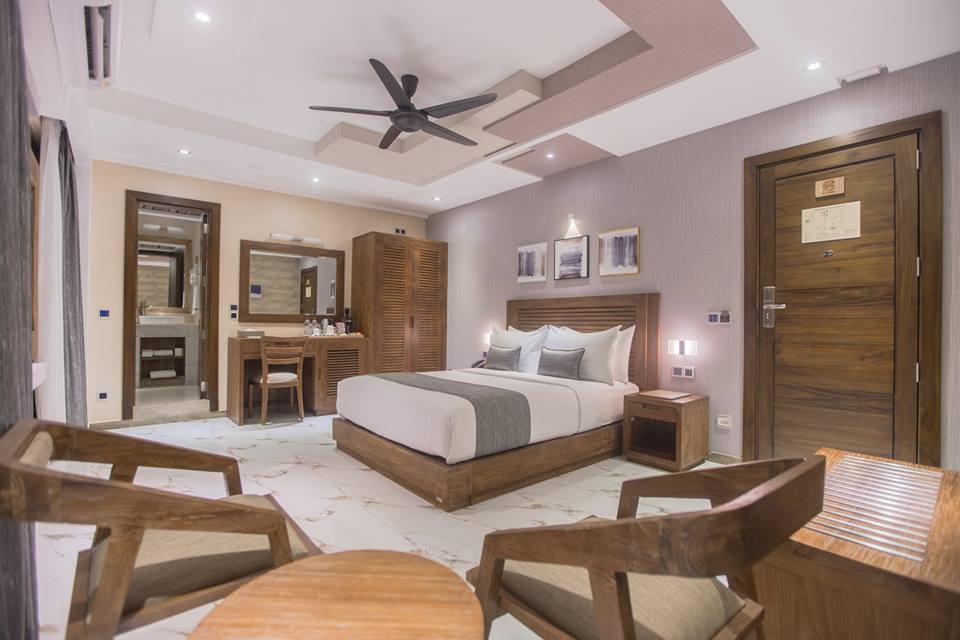
Financial Management Is Planning
The essence of financial management is planning. Planning itself requires creative thinking, research, personal experience, and financial know-how. It has many aspects and considerations, but it is non-negotiable for the running of a successful business. As the adage goes, failing to plan is planning to fail. When managing the finances of your guest house, you need to consider money being spent and made, potential risks, goals, and contingencies.
Spending Money
Every business needs to spend some initial capital to establish itself, and this is especially true for a physical business like a guest house. The most important part of your financial plan involves working out the money you must spend or borrow to get your business up and running – and whether it is within your means.
Spending money can be expressed in two general categories:
- Start-up costs: the money you need to inject into the business before you can open the doors. This can include buying property, renovating, purchasing appliances and furniture, training staff, and applying for the necessary permits.
- Regular expenses: the money you spend on a daily, monthly, or yearly basis to maintain your business. For a guest house, this includes utilities, insurance payments, food and disposable items, salaries, and transport costs.
Planning these expenses out will make it easier to repay loans and will indicate how much you need to earn to break even.
Making Money
Guest houses make money from renting rooms to customers. How much you need to make per room or month will depend on your expenses. Having planned your expenses properly, you can now work out how much you must charge per room to make a profit. Simply guessing a figure or copying other establishments in your area is bound to lead to problems down the line; planning clearly will let you see where successes and problems are arising.
Risks
One of the crucial aspects not to overlook in financial management is planning for potential troubles. This involves making a list of the risks you can foresee and considering how you would handle them if they arise.
- In the first few months, do you have enough working capital to tide you over before you start making money? Will you be able to survive and meet all your payments?
- What will you do if you don’t achieve your financial goals or find that you are making a loss?
- What will happen if you underestimated the cost of buying or building your guest house? Can you source additional funding?
- Since a guest house is run directly by the owner, what will happen to the business’s income if you must leave suddenly or fall sick?
While these risks may seem scary and insurmountable, sound financial planning will assure that you aren’t left bankrupt or in massive debt. Your financial plan will make sure that you don’t spend beyond your means, and that there is always a source of money to draw on if needed.
